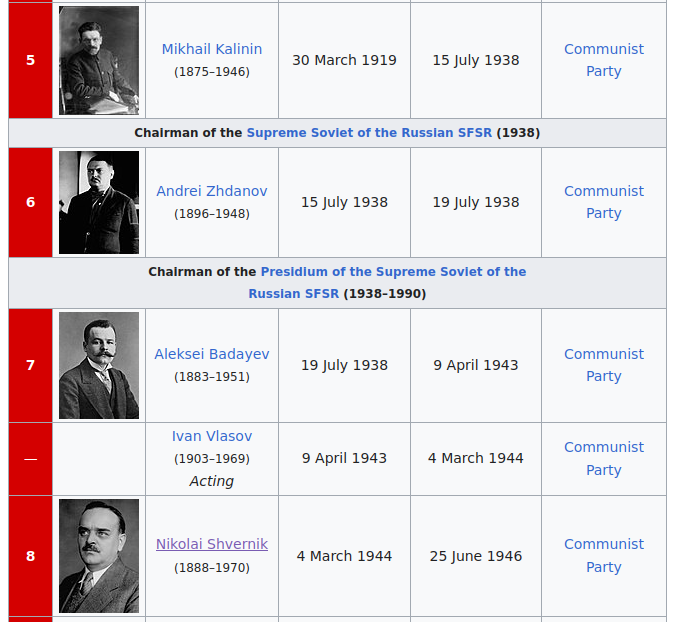The grant of the seat was certainly not regular. The best way to explain it is that it was given as an emeritus seat.
The procedure for granting UN membership was not followed. And this has been widely documented. The Russian Federation claim of its right to occupy the seat was not met with challenges at the time.
However, if a de jure claim is pressed, at the UN, it is not clear that Russia's possession of the seat would survive.
There is a few claims which are popular, but wrong, as to why it happened
It was just a change of a name of a country. (wrong)
This is wrong on its face. The USSR dissolved by a proclamation, formally adopted on December 26th, 1991, by the Supreme Soviet of the USSR, the de jure governing committee of the USSR. The proclamation recognized the 15 "republics" of the USSR as new sovereign states and called on all of them to respect each other's sovereignty.
The Russian Federation is a successor state of the USSR. (correct, but irrelevant)
All 15 of the administrative units of the USSR, called "republics," were successor states by the UN definition of what a successor state is. A successor state is a state which inherits a territory of a state which no longer exists. So, for example, both East and West Germanies were successor states of Germany just as the modern-day Germany is a successor state of both East and West Germany.
There is no procedure for any, or all, successor states taking up UNSC seats of the predecessor states.
The only other time this issue had come up was when PRC replaced Taiwan, a founding member of the UN, at the UNSC. But this was not because the question of succession was taken up. China is considered to be in a formal state of a civil war. Both PRC and Taiwan claim to be the true Chinese government. So the question, taken up by the general assembly was "what is the true China?" Because the answer was "PRC," PRC took up China's seat at the UNSC.
Since the UNSC seat is legitimately Soviet Union's seat, it can be (procedurally) given to Russia if the UN General Assembly votes that the Russian Federation is now the true Soviet Union. However, no such vote has taken place. So this path to acceptance, while likely to succeed, has not been taken.
Russia was one of the countries which won WWII. (wrong)
It is true that the UNSC was formed by the principals of the victory in WWII.
However, while it is a common misconception to refer to the Soviet Union as "Russia," it is more of a short-short hand rather than a de jure name. The Russian Federation did not participate in WWII as a country. It participated in WWII as an administrative unit of the Soviet Union. Here is the list of the leaders of Russia during WWII:

One may notice that none of them are "Joseph Stalin," the leader of the USSR (who directed Soviet Union's war efforts and who was one of the leaders responsible for the founding of the UN).
UNSC is the collection of countries which have a nuclear arsenal. (a completely made up claim)
At the time of the formation of the UN only the US had nuclear weapons.
Today a number of countries other than the UNSC members have nuclear weapons (India, Pakistan, assumed-but-not-confirmed Israel, possibly North Korea).
There is simply no merit to this claim at all. It's an opinion which some people express as to why they personally think that Russia should be a UNSC member. But that's not the same as it being an actual de jure, or de facto, reason for it.
Such a standard is not in any way agreed upon, nor is it outlined (or even mentioned) in any procedure for the acceptance to the UNSC.
